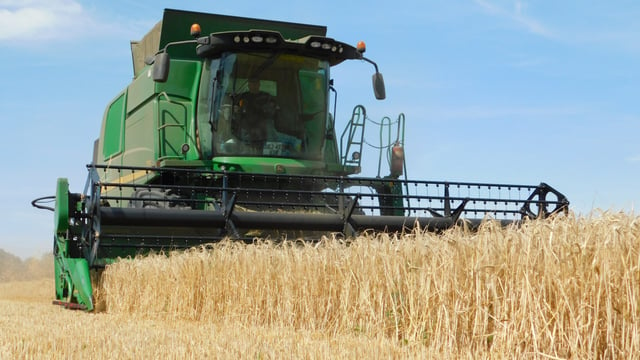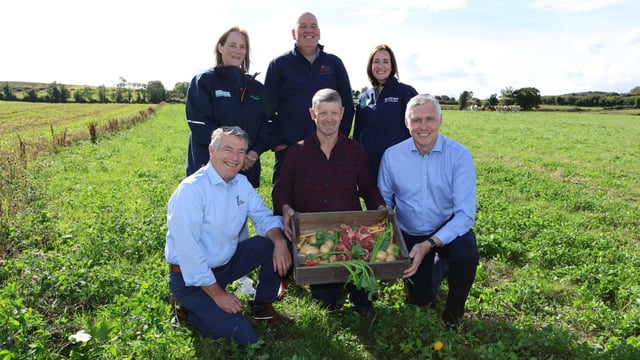Criticism that ash dieback grant 'not covering it'
The €2,000 site clearance grant for farmers impacted by ash dieback is "clearly not covering it" according to the Irish Farmers' Association (IFA) forestry chair, Padraic Stapleton.
Speaking to Agriland Stapleton said: "The terms of the review expressly stated that the state was to pay for the removal of the ash from those affected sites, and that any residual value in the ash that was realised, was to stay with the grower.
"That is clearly not happening, because they seem to have picked a base price of €2,000."
The Department of Agriculture, Food and the Marine (DAFM) is to carry out a review of the site clearance costs for farmers impacted by ash dieback.
"It’s one thing to say you’ll review the costs of removing the ash, and we have provided evidence that it’s costing way more than €2,000, now the process isn’t finished, but thus far it doesn’t seem to me to be the case that they are going to cover the cost of the removals," he said.
Stapleton is a member of the ash dieback taskforce, which provided the department with costs for clearing a number of sites of varying ages and sizes which have been impacted by the disease.
The forestry chair is worried that the rising cost of clearances could be benefitting contractors, and not the farmers who have been directly impacted.
"The €2,000 is clearly not covering it. Any value that’s in the ash is going to the forestry companies and their contractors to remove the ash," he said.
"In some of the extreme cases, the €5,000 that was the ex-gratia payment for the inaction over a number of years, some of that will also have to go to the forestry companies to cover the cost of removals."
Stapleton is calling for the government to provide urgent support to farmers impacted by ash dieback, before the problem gets worse.
"I would appeal to the minister, the main thing now is to get on the ground and start picking that timber up and bringing it out to roadside," he said.
"The longer we delay in trying to come up with some sort of a formula that would satisfy current forestry law, for want of a better word, the less time we have to pick up that timber," he concluded.





